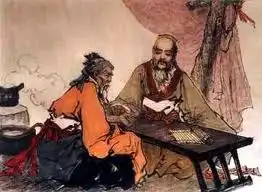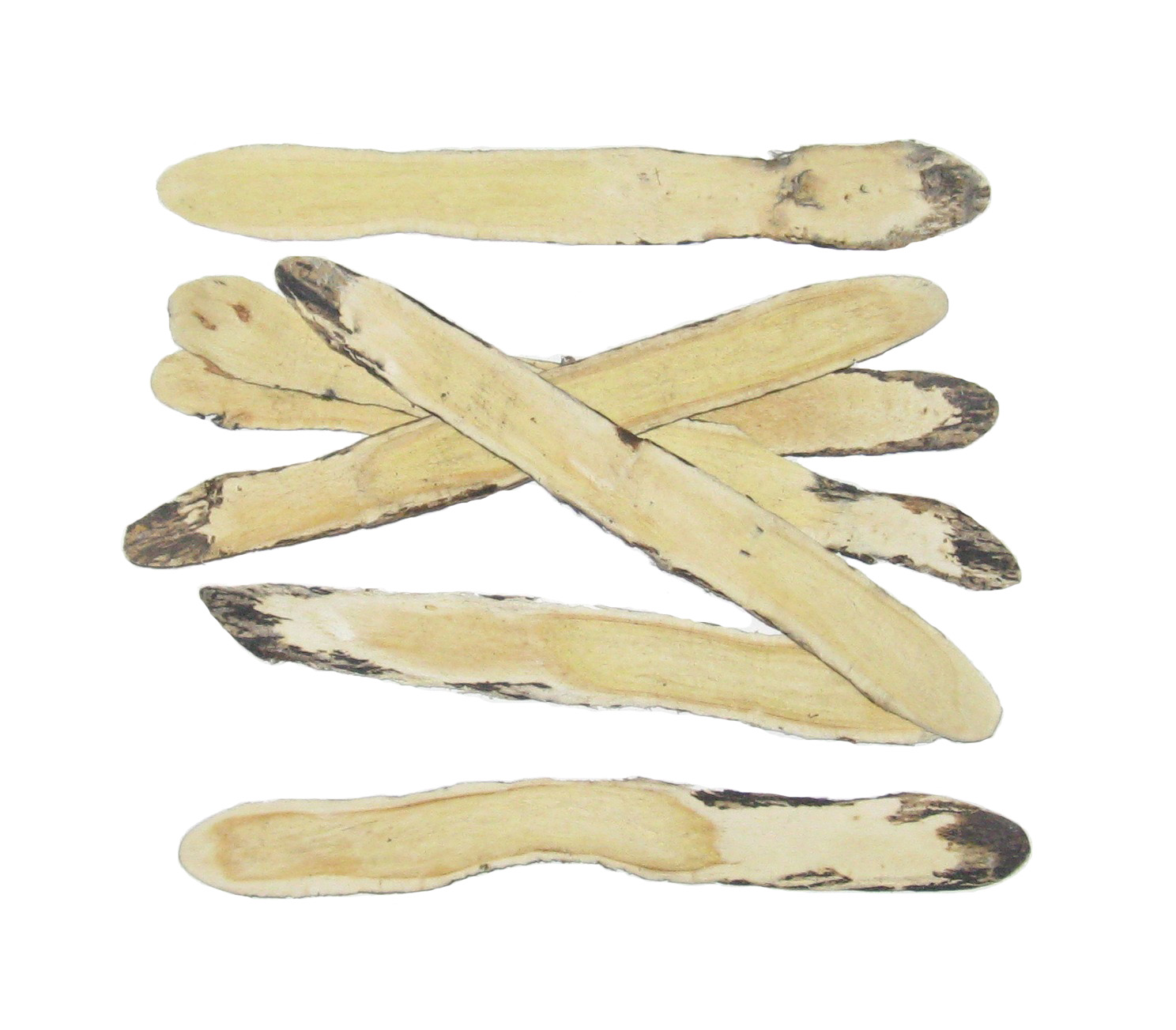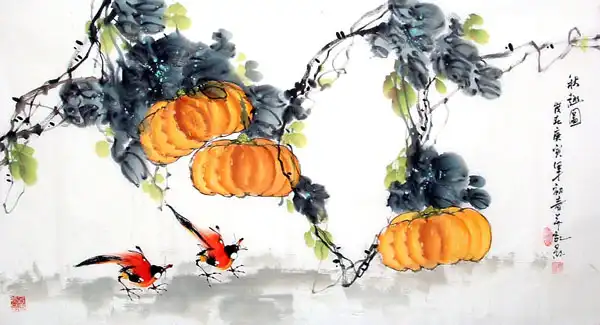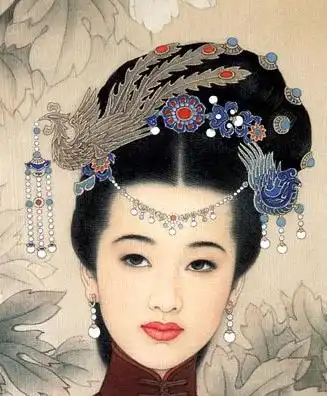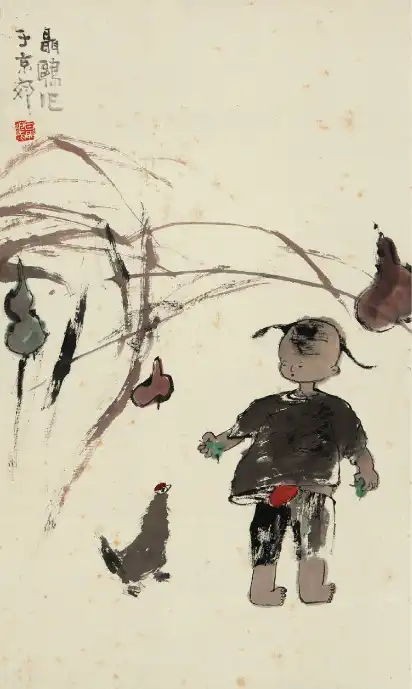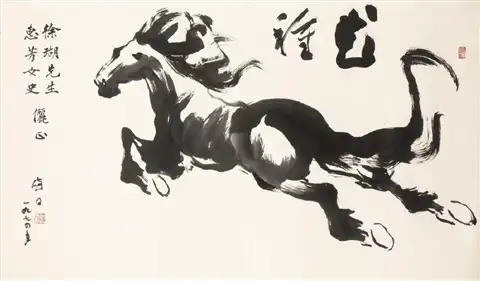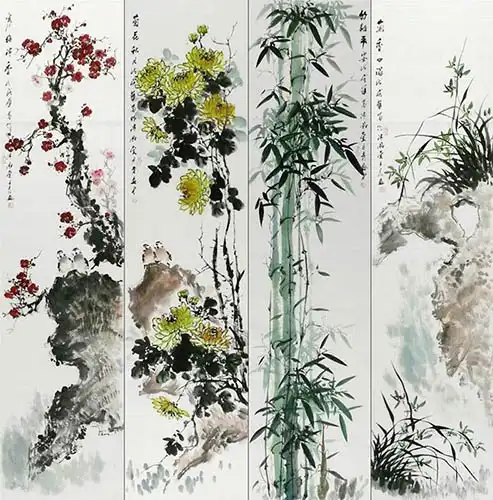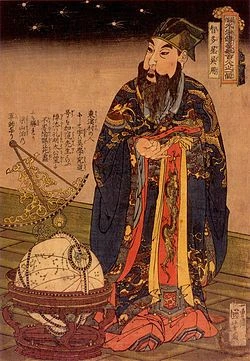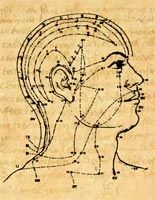Note: To understand the term "Qi", thus to get a better grasp of the following disharmony, we encourage our readers to review the short materials What is Qi and The Concept of Qi in traditional Chinese medicine in the Vitality chapter.
Introduction to the disharmony
Major symptoms:
- Spleen Qi deficiency symptoms - poor energy, lack of appetite, feeling tired after meals, gas and bloating, loose stool
- Lung Qi deficiency symptoms - shortness of breath, dislike to speak, overall weak immunity, cough
- Heart Qi deficiency - heart palpitations, spontaneous sweating, emotional disharmony, poor quality sleep
- Kidney Qi deficiency symptoms - frequent urination, dribbling after urination, urinating at night, incontinence, enuresis
Qi deficiency manifests in the sensation of feeling tired. The major organ that is responsible for overall body Qi deficiency is the Spleen.
Note: In traditional Chinese medicine the concept of the Spleen differs from the understanding of the spleen in Western medicine. In TCM main function of the Spleen is the transformation of food into "food essence". The symptoms of an imbalanced Spleen point to imbalance in the digestion. So in order to avoid confusion whenever we refer to the Spleen we will consider the collective work of some organs and systems that participate in the transformation and the transportation of nutrients and fluids, rather than solely focusing on the organ spleen as defined in Western science.
The Spleen has the difficult and very complicated task to transform the food that we eat into "food essence", blood and Qi and transport it to the rest of the body for nourishment. This requires a lot of energy on its own to take place. Poor diet, overeating, eating late, overworking, and overthinking all take away from that energy, resulting in Spleen Qi deficiency, which major symptom is overall energy deficiency (poor energy). Accompanying symptoms of Spleen Qi deficiency are digestion related – feeling tired after meals, gas and bloating, loose stool.
The Lung is another organ that suffers from Qi deficiency. The causes are destructive chronic Lung disease which in the long run consume the Qi and Yin of the Lung. Acute disease, which is not properly addressed or is treated with improper methods, also leads to Lung Qi deficiency. In both cases the pathogenic factor is not sufficiently removed and remains in the Lung consuming its Qi. Besides overall tiredness other symptoms of Lung Qi deficiency are shortness of breath, dislike to speak, and overall weak immunity.
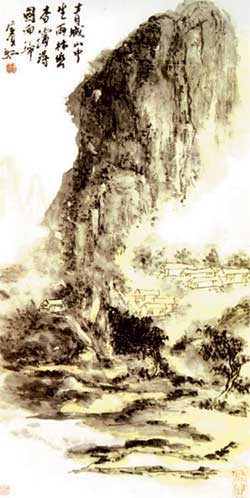
Qi deficiency is also manifested by the Heart. A major cause for Heart Qi depletion in traditional Chinese medicine is emotions. According to TCM the Heart "houses the mind" thus emotional problems of any kind wear out the Heart Qi. The emotion most responsible for Heart Qi depletion is sadness, as sadness is experienced with a physical sensation of pressure in the heart area and heart restriction. Symptoms of Heart Qi deficiency are heart palpitations, spontaneous sweating (in TCM the Heart controls the sweat) and emotional disharmony, including poor quality sleep (the Heart houses the mind).
The fourth major organ that suffers from Qi deficiency is the Kidney. The Qi of the Kidney may become deficient for two reasons - one is old age, when the Qi of the Kidney together with Kidney Yin, Kidney Yang and Kidney Essence naturally deplete. Another cause for Kidney Qi deficiency is excessive sexual activity. Symptoms of Kidney Qi deficiency are predominantly urological - frequent urination, dribbling after urination, urinating at night, incontinence, enuresis.
Major Chinese herbs
Ren Shen (Radix Ginseng) is a well known herb throughout the world. With its strong tonifying properties and warm nature Ginseng strongly boosts up the energy working especially well for Spleen Qi and Lung Qi deficiency patterns. It benefits lethargy, lack of appetite and chronic diarrhea caused by Spleen Qi deficiency and wheezing, shortness of breath and labored breathing caused by Lung Qi deficiency. It also profits Heart Qi deficiency benefiting symptoms such as anxiety, insomnia, forgetfulness, accompanied with Heart palpitations. (1)
It is very important that this man-like-looking root is taken with precaution because it has very warm nature. People with “internal heat” should not take this herb. Instead they could benefit from Dang Shen (Codonopsis pilosula) – an herb with similar to Ren Shen properties but with cooler nature. Tai Zi Shen (Pseudostellaria heterophylla) is an even gentler root translated as “child root” that also tonifies the Qi.
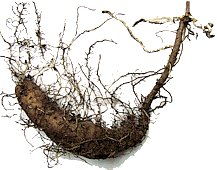
Shan Yao (Dioscorera opposita) is Chinese yam. The translation of the name of the herb is “mountain medicine” and it has an interesting story.
Back in the days in China two kingdoms were at war with each other, with one of the kingdoms taking the lead. The soldiers of the overpowered kingdom escaped to a mountain to hide but soon were surrounded by their enemies. Thinking that they have to either surrender or starve to death in the mountain the occupiers didn’t bother to invade further. Strangely enough after year long occupation no soldier has yet came down from the mountain to surrender. After another while a whole army of strong soldiers came down the mountain and defeated all of their occupiers.
Apparently while hiding in the mountains the occupied soldiers ran out of food and found some plants with big roots. Eating these roots made them so strong that they were able to turn the war around. (3)
Shan Yao is widely used not only in Chinese medicine, but also in Chinese everyday cooking. When peeled, cut and boiled the root tastes very similar to potato. It’s neutral temperature makes it appropriate for both hot and cold conditions.
Huang Qi (Astragalus membranaceus) is a Qi tonifying herb that strengthens the immunity and is used for frequent colds. It boosts up the Lung and addresses shortness of breath. It tonifies the Spleen benefiting Spleen Qi deficiency symptoms such as poor appetite, fatigue and diarrhea. What makes Huang Qi distinctive is it’s quality to raise the Qi of the Spleen and Stomach and is widely used for prolapse of the uterus, stomach or rectum, as well as for uterine bleeding due to deficiency.
Bai Zhu (Atractylodes macrocephala) is an herb that both tonifies the Qi and drains “internal dampness” manifesting in water accumulation and edema. This herb also has the property to calm restless fetus.
Da Zao (Ziziphus jujuba) is the well known big date. It tonifies both Qi and blood and has a calming effect - it is used for irritability or emotional disharmony. Da Zao together with another Qi tonifying herb - Gan Cao (Glycyrrhiza uralensis) - is commonly added to other herbal formulas because of their quality to moderate and harmonize the characteristics of other herbs. Gan Cao - licorice root, enters all 12 channels and besides moderating the harsh quality of other herbs is also an antidote for a variety of toxic substances. It tonifies the Qi and moistens the Lungs, addressing dry cough and wheezing.
Huang Jing (Polygonatum sibiricum) – Siberian Solomon Seal – tonifies Spleen Qi and moistens the Lungs but also tonifies Kidney Essence, addressing Kidney Essence deficiency symptoms such as weakness in the limbs and lower back and lightheadedness. Yi Tang is barley malt sugar – it tonifies Spleen Qi and moistens the Lungs.
Healing foods
Foods that tonify Qi are foods with mildly sweet taste and/or warm property.
To unlock the rest of this article select "Yes, I want to learn!" below.
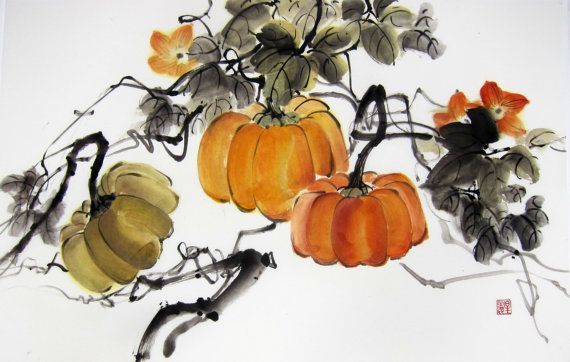
Food therapy is the most economical and non-toxic biochemical approach to health and disease. Food is something we continuously use to sustain our lives. Learning what foods are healing (and what disruptive) for each condition has the potential to convert every meal into a form of therapy.
YS
(1) Benski, Dan & Gamble, Andrew (1993). Materia Medica, Revised Edition. Seatle: Eastland Press, Incorporated
(2) Lu, Henry (2005). Chinese Natural Cures. New York: Black Dog & Leventhal Publishers, Inc.
(3) Pitchford, Paul (2002). Healing with Whole Foods. Berkeley: North Atlantic Books
(4) Holmes, Peter (1998). The Energetics of Western Herbs. Boulder: Snow Lotus Press, Inc.
Related Articles:
The Concept of Qi in Chinese Medicine
Note: This site and its services are to consumer educational use only. Nothing contained in this site is or should be considered, or used as a substitute for medical advice, diagnosis or treatment. We advise users to always seek the advice of a physician or other qualified professional with any questions regarding personal health and medical condition. Please read our Disclaimer

